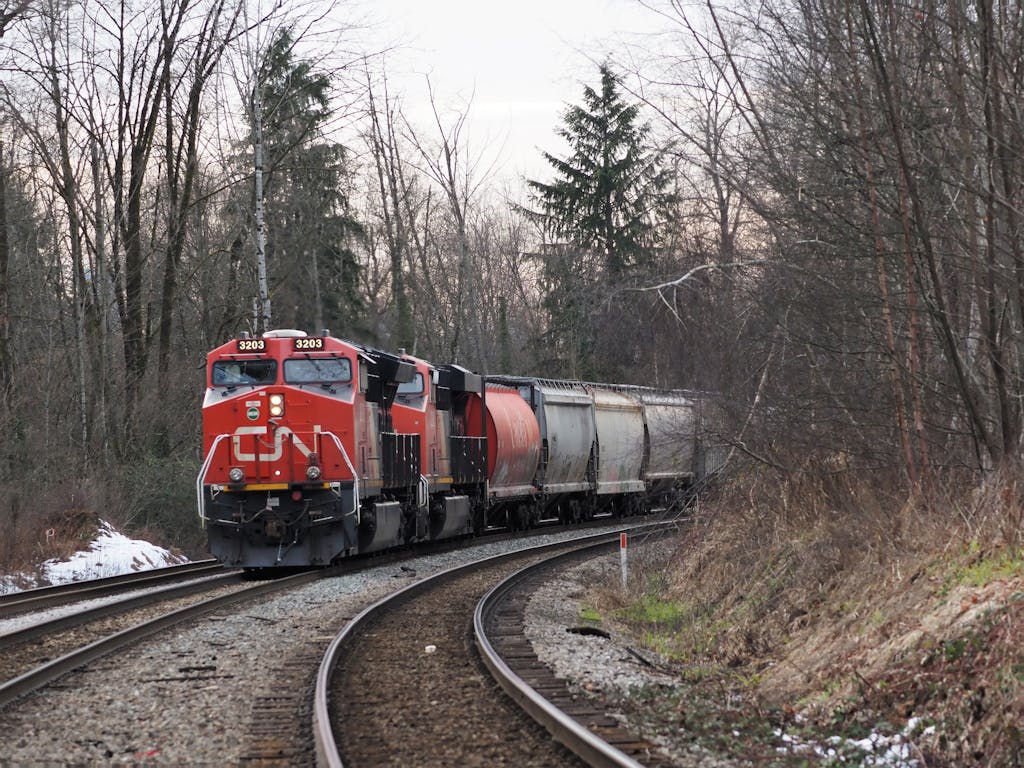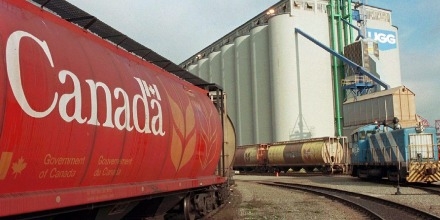The Saskatchewan government and the Saskatchewan Research Council (SRC) signed two agreements with France and a company based in Vietnam to improve the province’s energy and mining sectors, as well as increase production at the Saskatchewan Research Council’s (SRC) Rare Earth Processing Facility.
A Letter of Intent was signed Monday between the provincial government and France to “explore, develop, and cooperate on new projects” related to mining critical minerals.
Critical minerals include uranium, potash, rare earth elements, helium, lithium, and copper, and Saskatchewan has 23 of them.
“We have had a longstanding relationship with France through Orano and our uranium industry for many years,” Provincial Minister of Trade and Export Development Jeremy Harrison said. “Today, I am delighted to expand and build on our relationship with France in strategic minerals sectors. This is especially important given our shared goals of lowering greenhouse gas emissions and making energy and mining more reliable and sustainable than ever before. Throughout our province’s history, our mining and resource sector has remained vital to our economy and labour force. New partnerships like this one strengthen that history and move us forward in our goals to build opportunities and protect communities.”
“This signing is a new step in the partnership between France and Canada to strengthen our cooperation on strategic minerals,” French Minister Delegate for Foreign Trade, Economic Attractiveness, Francophonie and French Nationals Abroad Franck Riester said. “This agreement with the Saskatchewan government is one of the first we have signed with a Canadian province, after the one signed with Quebec last November. That says a lot about the priority we attach to our relationship with Saskatchewan. Strategic minerals are key for the ongoing transition to a low-carbon economy, whether it be building electric vehicles or producing the energy that our societies require, and therefore reinforcing France’ sovereignty. This partnership represents a major milestone in stepping up the bilateral efforts in this direction.”
In 2023, Saskatchewan’s exports to France was nearly $220.1-million, a 68 percent increase from 2022.
The same day, SRC signed a 5-year agreement in principle with Hung Thinh Group (HTG) from Vietnam that would see HTG import rare earth carbonate to SRC’s Processing Facility to be processed into rare earth metals. About 3-thousand tonnes of rare earth carbonate will imported to the facility per year, starting in June 2025, and the facility is expected to produce about 400 tonnes of rare earth metals per year from this supply.
“Working with the international community to secure this supply of critical minerals for SRC’s Rare Earth Processing Facility marks another step forward in establishing a domestic rare earth element hub in Saskatchewan,” said Harrison, who is also the Minister Responsible for SRC. “This agreement is a direct outcome of Saskatchewan’s international engagement with Vietnam, supported by our trade and investment office in Ho Chi Minh City. During our 2022 mission to Vietnam, our team and I met directly with HTG to showcase the opportunities for collaboration with Saskatchewan on rare earth processing. This agreement means SRC’s facility will have the resources essential for the production of rare earth metals in Saskatchewan for the next five years.”
“The production of rare earth metals will develop and stimulate the rare earth industry in North America,” SRC President and CEO Mike Crabtree said. “This agreement with HTG ensures SRC will be producing rare earth element products for sale in the international market until the end of this decade.”
The province is trying to position itself “to be the stable supplier the world needs” as they expect global demand for critical minerals to “skyrocket by 400 to 600 per cent over the next several decades.”



